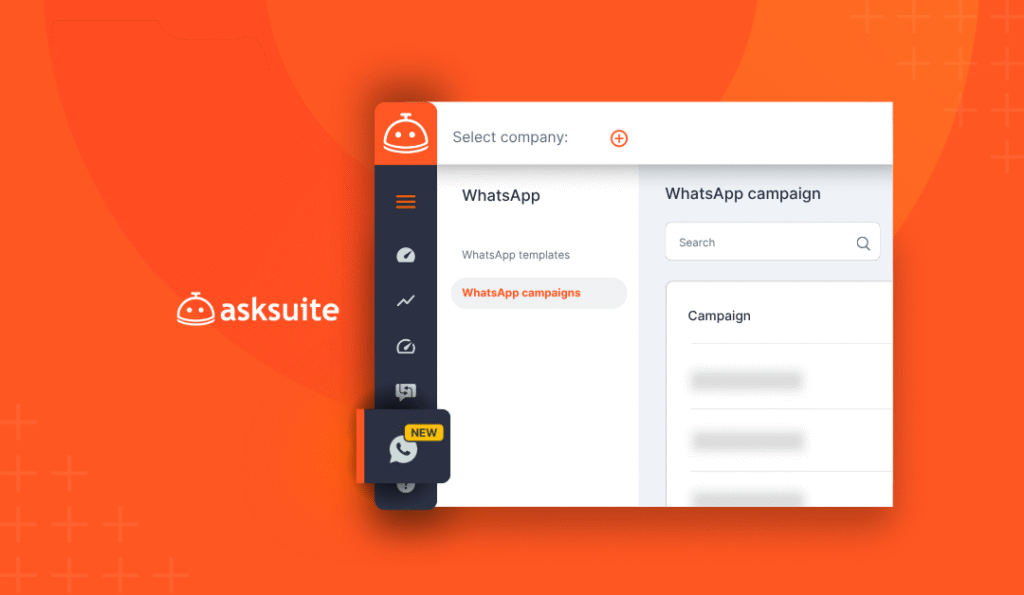AI for hotels has become a powerful tool for hotels to stay competitive and boost revenue.
The integration of artificial intelligence (AI) into the hospitality industry is reshaping how hotels, resorts, and other hospitality models operate. AI is enhancing the guest experience and improving operational efficiency while elevating profits.
According to IndustryARC, the global AI market in hospitality is expected to surpass USD$1.2 billion by 2026, with a compound annual growth rate (CAGR) of over 9.7%. AI adoption is predicted to grow by 60% annually from 2023 to 2033—a clear signal that AI has become essential to staying ahead of the game.
As the hospitality landscape advances, AI is set to play a vital role in shaping its future, delivering innovative solutions that meet the needs of modern travelers. To learn how AI can be your property’s greatest asset, keep reading!
How is AI used in hotels?
AI is transforming nearly every aspect of hospitality, from initial guest interactions to easing staff workload through automation. Here’s a closer look at how AI can seamlessly integrate into your hotel’s daily operations:
1. Drive AI-powered communication
Hotel Tech Report notes that 70% of guests approve of chatbots for common questions like hotel hours. AI-powered tools efficiently handle these repetitive tasks, making communication smarter. For instance, AI reservation agents, like Asksuite’s, streamline booking processes, engage with guests in their native language, and manage multiple inquiries at once.
Additionally, AI platforms unify communication across channels like email, social media, and WhatsApp, creating an omnichannel strategy that maintains smooth interactions from pre-stay to post-checkout.
2. Personalize the guest experience
AI analyzes customer data to deliver experiences tailored to individual preferences. As demand for personalized travel grows, this becomes increasingly valuable. AI allows you to customize guest interactions by:
- Adjusting room settings;
- Offering tailored dining choices;
- Recommending local activities.
Machine learning models can predict guest needs, enabling hotels to elevate satisfaction through proactive, customized service.
Besides, 1:1 guest communication enhances the guest experience when backed by an effective strategy. Is your hotel already making the most of it? To discover all the benefits of 1:1 guest communication and how to maximize its impact, download your premier guide now!
3. Automate Operations
AI-powered automation simplifies repetitive tasks, freeing up staff to focus on more complex, revenue-generating activities. For example, while AI answers travelers’ FAQs, reservation teams can concentrate on handling the human intervention requests. The result? Balancing AI with human expertise maximizes operational efficiency.
4. Support Hotel Management Decisions
AI helps hotel managers make data-driven decisions. From optimizing staffing through predictive analysis to implementing dynamic pricing strategies, AI solutions make operations more efficient and profitable. Predictive systems also allow hotels to address potential issues before they affect guest satisfaction.
Smart dashboards are invaluable in this context. For example, a real-time data dashboard that gives hotel managers a 360º view of each agent’s performance is essential for making informed decisions and preventing more complex issues at your hotel.
Asksuite’s SLA Dashboard is a perfect example of how data can drive your hotel’s growth. With this tool, you’ll be able to:
- Track message response times;
- Identify improvement opportunities;
- Monitor agent workload distribution;
- Access a fully customizable dashboard.
5. Create New Revenue Streams
By leveraging AI for data analysis, hotels can discover new revenue opportunities. AI-driven upselling and cross-selling suggest relevant upgrades or amenities during a guest’s stay, enhancing revenue potential.
To support strategies like these, you need hospitality-focused tech tools like AskFlow. Did you know that AskFlow automates 1:1 communication throughout the entire guest journey?
With AskFlow, you can keep your guests informed about all your hotel’s extra services, helping them make the most of their stay—all without overloading your team!
How to implement AI-powered solutions in my hotel?
For those looking to adopt AI hotel solutions, identifying the areas where technology will have the most impact—like guest communication, booking management, and operations—is crucial.
Here’s how to start:
- Assess your hotel’s needs: Determine which operational areas involve repetitive tasks that could be optimized by hospitality-focused solutions.
- Choose scalable solutions: Start with AI tools that can evolve as your business grows. For instance, if your staff spends significant time responding to inquiries, consider using a solution like Asksuite’s AI Reservation Agent.
- Train your team: Effective AI adoption requires staff to understand best practices of these tools, combining their know-how with technology’s advantages.
- Measure and optimize: Regularly monitor AI tool performance to ensure it meets desired results. Make adjustments as needed to stay on track.
What are the benefits of AI in the hospitality industry?
Now that we’ve explored the role of AI in hotels and how its adoption skyrocket revenue and efficiency, it’s clear this solution offers substantial advantages. With the right AI tools, your hotel can:
- Free up staff to focus on revenue-generating tasks;
- Reduce errors in repetitive processes;
- Improve traveler and guest communication;
- Boost revenue via direct bookings, upselling, and cross-selling;
- Streamline processes for a superior guest experience.
AI is revolutionizing hospitality. As this technology continues to evolve, adopting AI-driven systems will be the key to gaining a competitive edge. The future of hospitality lies in the perfect blend of human interaction and intelligent automation. To start your AI journey, get to know Asksuite, the global leader in AI reservation agents and omnichannel hotel communication.
Talk to one of our specialists today!
This blog post was originally written on February 9, 2024 by Brwna Carvalho and updated on November 07, 2024 by Asksuite Team.







